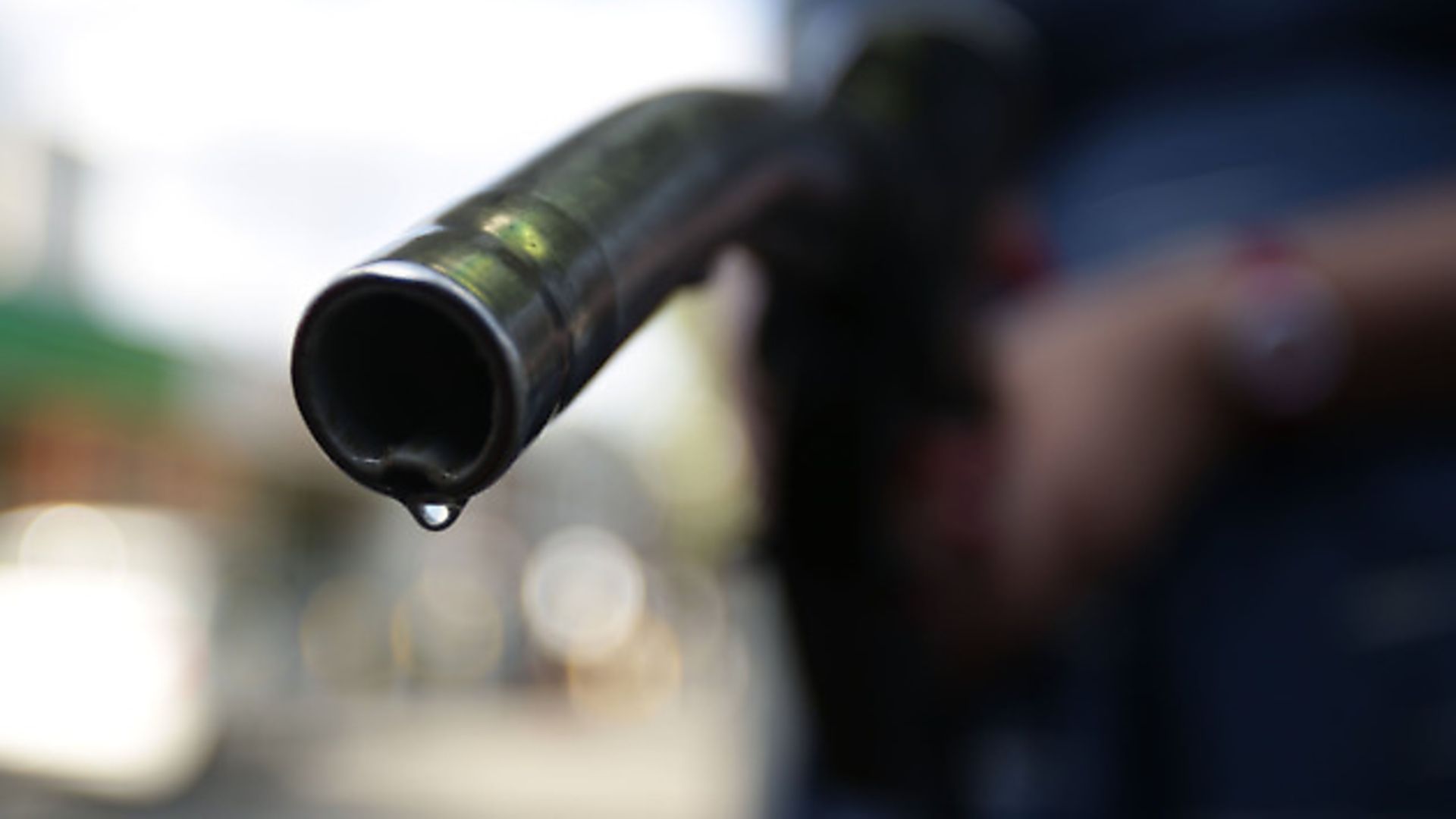
The post-EU referendum spike in inflation returned in November as the cost of living continued to squeeze the country’s bank balances.
Inflation rebounded to a two-year high last month – driven by a hike in the price of clothes and fuel – after a brief respite in October.
But as shoppers headed to the High Street and online to begin Christms shopping in November the Office for National Statistics (ONS) recorded the Consumer Price Index (CPI) at a higher-than-expected 1.2%. Economists had predicted a 1.1% rise and the Bank of England predict inflation will almost treble by 2018.
Sterling’s plunge to 31-year lows since Britain voted to leave the EU is to blame for the rising cost of living as manufacturers pass on higher prices to consumers.
The Retail Prices Index (RPI) – a separate measure of inflation, which includes housing costs – was 2.2% in November, up from 2% in October.
The main driver of the rise in CPI came from clothing and footwear price tags, which rose 1.6% between October and November this year, compared with a 0.1% fall over the period in 2015.
Retailers held fewer sales in November this year in contrast to last year, while the amount of clothes on sale in October was higher, the ONS said.
Rising fuel prices were also pushing up the cost of living, with petrol prices rising 1.6p per litre to 115.4p per litre between October and November.
Food and non-alcoholic beverages also pushed higher, climbing 0.4% in November this year, compared with a 0.1% rise in the same month last year.
The move comes on the back of a jump in the price of bread and cereals, including garlic bread and pizza, with milk, cheese and eggs also becoming pricier.
Howard Archer, chief UK and European economist at IHS Global Insight, said November’s rise to a two-year high confirmed that CPI’s easing in October was only a ‘brief respite’.
‘It looks inevitable that consumer purchasing power will deteriorate markedly over the coming months as inflation moves appreciably higher and earnings growth is limited,’ he said.
‘Companies will highly likely look to clamp down on workers’ pay as they strive to save costs in a more difficult environment and as their imported input prices are lifted by the sharply weakened pound.
‘Meanwhile, a likely softening labour market and consumer uncertainties will dilute workers’ ability and willingness to push for higher pay awards despite rising inflation.’









